detail profile marcelo romo
Peran Yang Di Mainkan Marcelo Romo
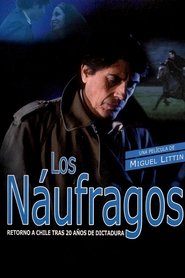 After 20 years of exile Aron returns...
After 20 years of exile Aron returns...Los náufragos 1994
After 20 years of exile, Aron returns to Chile to find out who he is. He asks questions, not only of those who stayed behind but also of himself, examining his relationship with his past and his own memory. The people who stayed lived through 20 years of dictatorship. They were either victims or executioners. Amidst this wreckage, Aron wonders what name his brother is using now, where his father is... Can he, in Isol's arms and through her love, find his way again ? What future awaits him? Like Mola the torturer, he has returned from an impossible journey, and Aron knows that each man is his own executioner. Shipwreck and resurrection are the two facets of a complex truth.
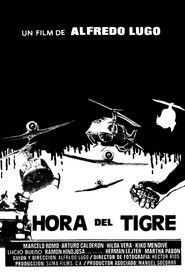 Humberto and Atilio two elderly men...
Humberto and Atilio two elderly men...La hora del tigre 1985
Humberto and Atilio, two elderly men confined in a nursing home, decide to flee when they see the arrival of some ballot boxes through the window, which makes them assume that their lives are in danger. The escape causes the mobilization of an entire military strategic team while the two elderly men and Daniel, an employee of the nursing home, wander around the roads of the area. In the end, they are unexpectedly armed and confront the “enemy”.
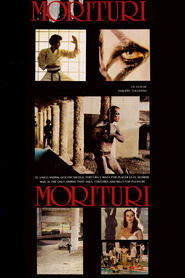 An eccentric millionaire gives a party...
An eccentric millionaire gives a party...Morituri 1984
An eccentric millionaire gives a party for his birthday. With his friends, gamblers and collectors , they play games in their own way. One of them, a woman, suggests this: since they're all gamblers they should play a fortune on the life of one of them.
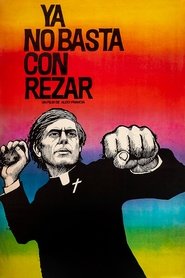 Many sociallyconcerned priests in Catholic Latin...
Many sociallyconcerned priests in Catholic Latin...Enough Praying 1972
Many socially-concerned priests in Catholic Latin America have at some time left their parish churches to go and work in the fields and factories of the poor. Such priests, usually adherents of "liberation theology," are called "worker-priests." This Chilean film tells the story of how one man became a "worker-priest" and won the trust of the poor.
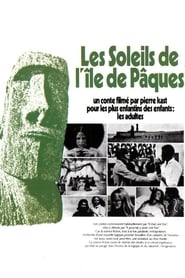 Six people find a mysterious mark...
Six people find a mysterious mark...The Suns of Easter Island 1972
Six people find a mysterious mark in the center of their left hand and all independently go to Easter Island in hopes to uncover the mystery.
 The documentary narrates the events that...
The documentary narrates the events that...The First Year 1972
The documentary narrates the events that took place during the first year of the Unidad Popular government, in chronological order.
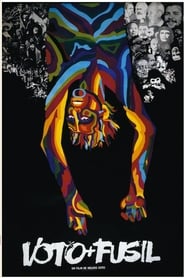 The political evolution in Chile seeing...
The political evolution in Chile seeing...Voto + Fusil 1971
The political evolution in Chile seeing from three different times: 1937, 1947 and 1970. A film that shows how a revolution cannot be accomplished by electoral means, and how the wealthy class will always attempt to destroy that revolution, with the help of the armed forces, as soon as their privileges are threatened.
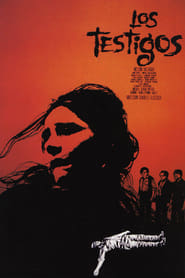 This stark Chilean melodrama concerns itself...
This stark Chilean melodrama concerns itself...The Witnesses 1971
This stark Chilean melodrama concerns itself with the plight of slum dwellers living outside Santiago. For many years they have, with great difficulty, been faithfully paying small sums to a real estate man. This man has said that by doing so they can obtain title to the miniscule plots of land their houses stand on. In fact, he has been swindling them and does not even own the land he has been "selling." One of the aggrieved slum dwellers confronts him about this while he is visiting the slum, and the real estate agent shoots him before everyone's eyes. The question confronting these witnesses is whether testifying against this monster will make their lives even more precarious.
 Based on an actual murder case...
Based on an actual murder case...Jackal of Nahueltoro 1970
Based on an actual murder case that ignited a furious debate over the death penalty in Chile in 1960, this experimental social drama portrays the life and death of an illiterate peasant who, while drunk, murdered the woman with whom he had a relationship and her five children.

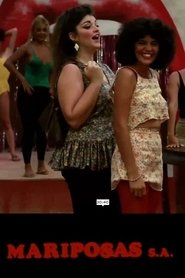 The story of seven prostitutes traveling...
The story of seven prostitutes traveling...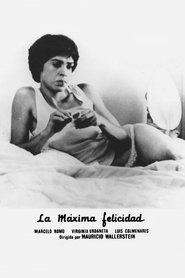 Two men and a woman are...
Two men and a woman are...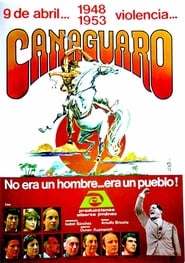 This movie is about violence in...
This movie is about violence in...